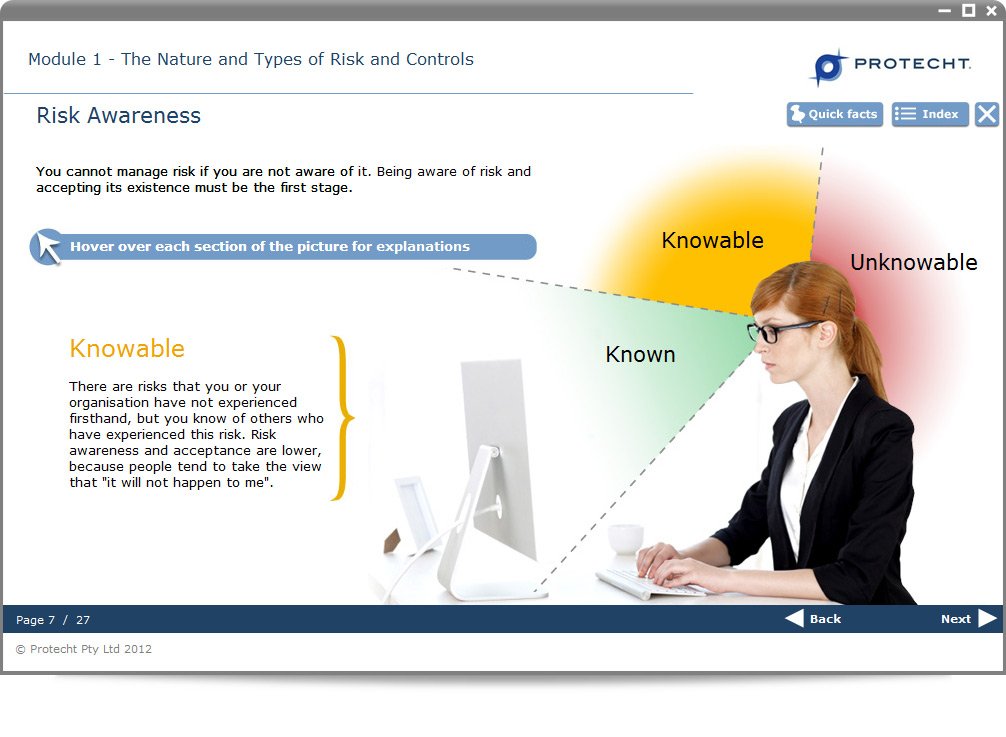Introduction to Regulation CC and the Expedited Funds Availability Act
Course Description
This training is designed to help banking staff understand the time-frames for customers to be able to draw against funds they have deposited
The law requires banks, when customers deposit funds into their accounts, to tell them how long it will take before the funds are available to them. Staff need to understand these requirements.
This short, single-module course outlines the types of transactions where banks are required to make funds available to customers the next business day, and the exceptions to these requirements. It also covers those transactions that are excluded from the next business day rule. Staff who complete the training will be able to explain these rules to their customers.
The course also introduces staff to the Check Clearing for the 21st Century Act, so they can understand the technology that enables banks to safely comply with the next business day rule.
It gives an overview of the applicable penalties for non-compliance.
Who is this training for?
The course is a suitable introduction forall banking staff who deal with borrowers including credit card holders.
Scenario
Jasmine, who runs a small baby-sitting business from home, needs to make a $500 up-front payment to a new supplier in order to open an account to purchase baby food.
Jasmine has just received a $400 check from a client for the last two month’s baby-sitting and she wants to use the funds from that check to make the deposit payment to her new supplier.
How soon will Jasmine be able to make her payment to the new supplier?
Retail Banking Compliance Training
This course is part of the Retail Banking Compliance Suite
The courses available are
- Introduction to Fair Credit Reporting Act (FCRA)
- Fair Lending
- Introduction to the Office of Foreign Assets Control (OFAC)
- Introduction to Regulation Z and the Truth in Lending Act (TILA)
- Introduction to Regulation E and the Electronic Funds Transfer Act
- Introduction to Regulation D: Reserve Requirements
- Introduction to Regulation DD and the Truth in Savings Act
For more details, click on the course names above.
Course Outline
- Explain the purpose and function of Regulation CC
- Give a general explanation of the transactions that have short hold periods
- Discuss transactions that may have longer hold periods and explain where you can get the details









